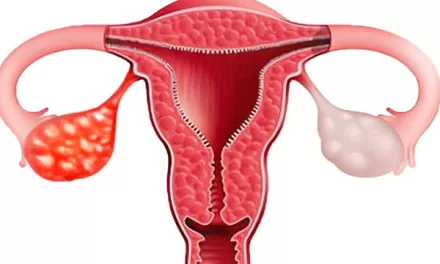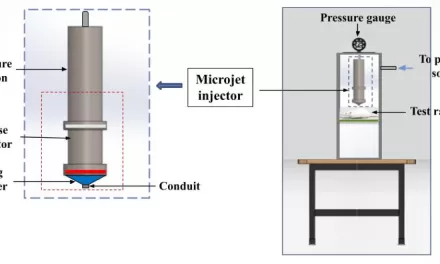
January marks Cervical Cancer Awareness Month, aiming to debunk myths surrounding the disease and emphasize the importance of early detection.
As January is designated Cervical Cancer Awareness Month, healthcare professionals are addressing prevalent misconceptions surrounding the condition, aiming to enhance public understanding of the disease and promote timely screenings.
Cervical cancer stands as a significant global health challenge for women. Despite its high treatability, misunderstandings about the causes and prevention of cervical cancer persist, impacting individuals’ ability to take proactive measures. Dr. Indoo Ammbulkar, a Specialist in Medical Oncology at HCG Cancer Centre Borivali, sheds light on common myths associated with cervical cancer.
Understanding Cervical Cancer: The Basics
Cervical cancer initiates in the cervix, the organ connecting the vagina to the lower part of the uterus. Often beginning in surface cells of the cervix, the disease warrants attention due to its global impact on women’s health.
Debunking Common Myths:
Myth 1: Pap tests need to be done yearly
Fact: Routine Pap and HPV tests do not require annual execution. Guidelines for cervical screenings recommend:
- Ages 21-29: Pap test every three years
- Ages 30-64: Pap test and HPV test every five years
- Ages 65 and older: Consult with a specialist to determine the necessity of ongoing tests
While Pap and HPV tests may not be an annual obligation, regular preventive health checks with a doctor are crucial for early disease detection.
Myth 2: HPV only affects people with multiple sex partners
Fact: HPV is pervasive and can affect anyone. The virus may remain asymptomatic in individuals with robust immune systems, regardless of their sexual history.
Myth 3: Screening is only necessary for people with a family history of cervical cancer
Fact: HPV, a primary cause of cervical cancer, spreads through skin contact during sexual activity. Family history plays a minimal role, emphasizing the importance of regular screenings and vaccinations.
Myth 4: Cervical cancer cannot be prevented
Fact: Cervical cancer is highly preventable through regular screenings and vaccines targeting HPV strains linked to most cases.
Promoting Prevention:
Dr. Ammbulkar underscores the role of preventive health check-ups, screenings, and vaccinations in averting cervical cancer. Increased awareness is pivotal in reducing the prevalence of the disease, ensuring timely diagnosis, and improving outcomes for affected women.
In conclusion, dispelling myths and fostering awareness about cervical cancer empowers individuals to make informed decisions about their health, contributing to a healthier future for women globally.











